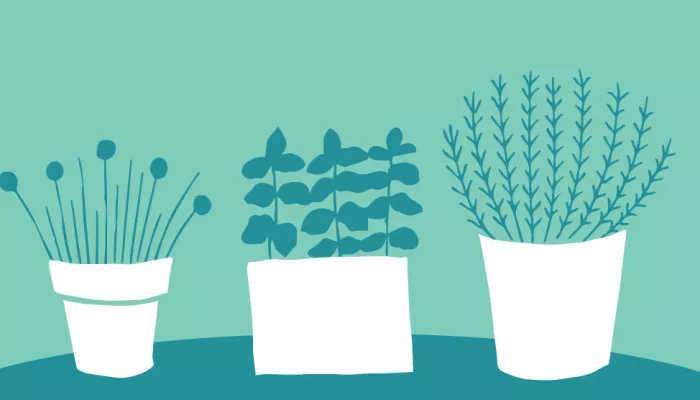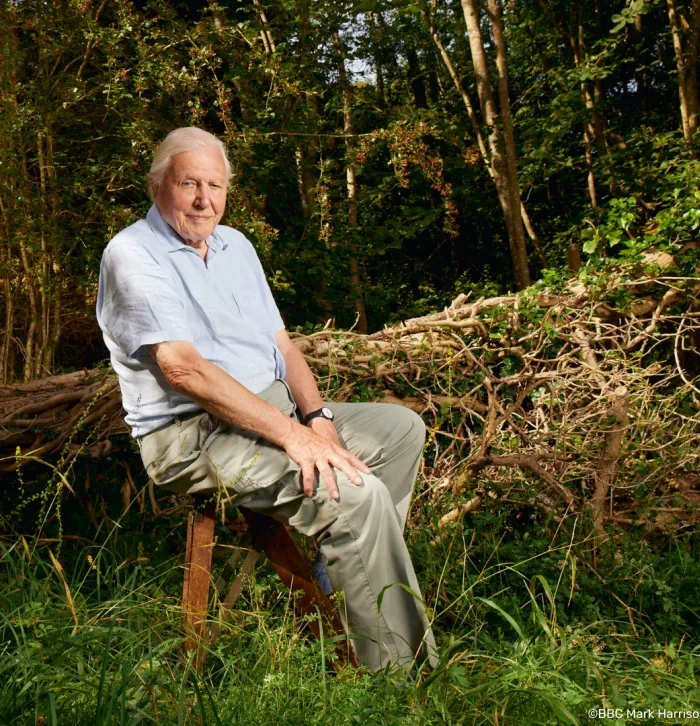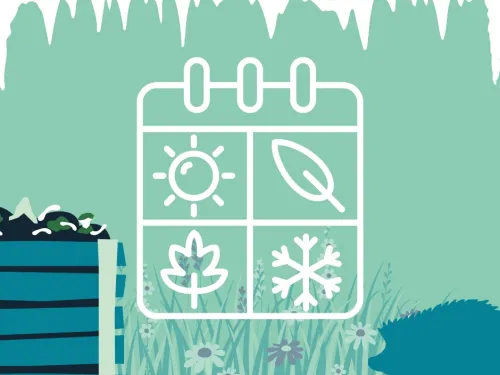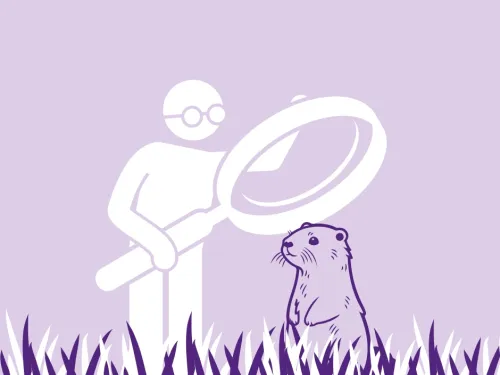
Sustainable food growing
On this page you'll find useful tips on how to grow food in ways that help your community and the biodiversity around it

Planting herbs will attract important pollinators into your garden, which will, in turn, attract birds and small mammals looking for a meal.
No matter how big the space you have, you can please both people and wildlife with a majestic herb garden. Planting a herb garden will not only allow you easy access to seasoning for your food, but will also attract pollinators like bees and butterflies into your garden. Herb gardens can be planted in raised beds, borders, containers or windowboxes – any space will do!
Please people and wildlife with a herb garden!
If you use planters and group them together, you will also provide shelter for wildlife between them and increase your watering efficiency. You can use troughs, hanging baskets or terracotta pots for your wildlife-friendly plants.


On this page you'll find useful tips on how to grow food in ways that help your community and the biodiversity around it

In this page you'll find an array of information to how to best help wildlife over the changing seasons each year

On this page you'll find exciting information on getting involved with citizen science project in your own home and community

On this page you'll find useful information on how to take environmental action from home and in your community

On this page you'll find useful information on how to reach out to others about nature & the environment

On this page you'll find excellent tips on how to shop sustainably and be mindful of what you're eating